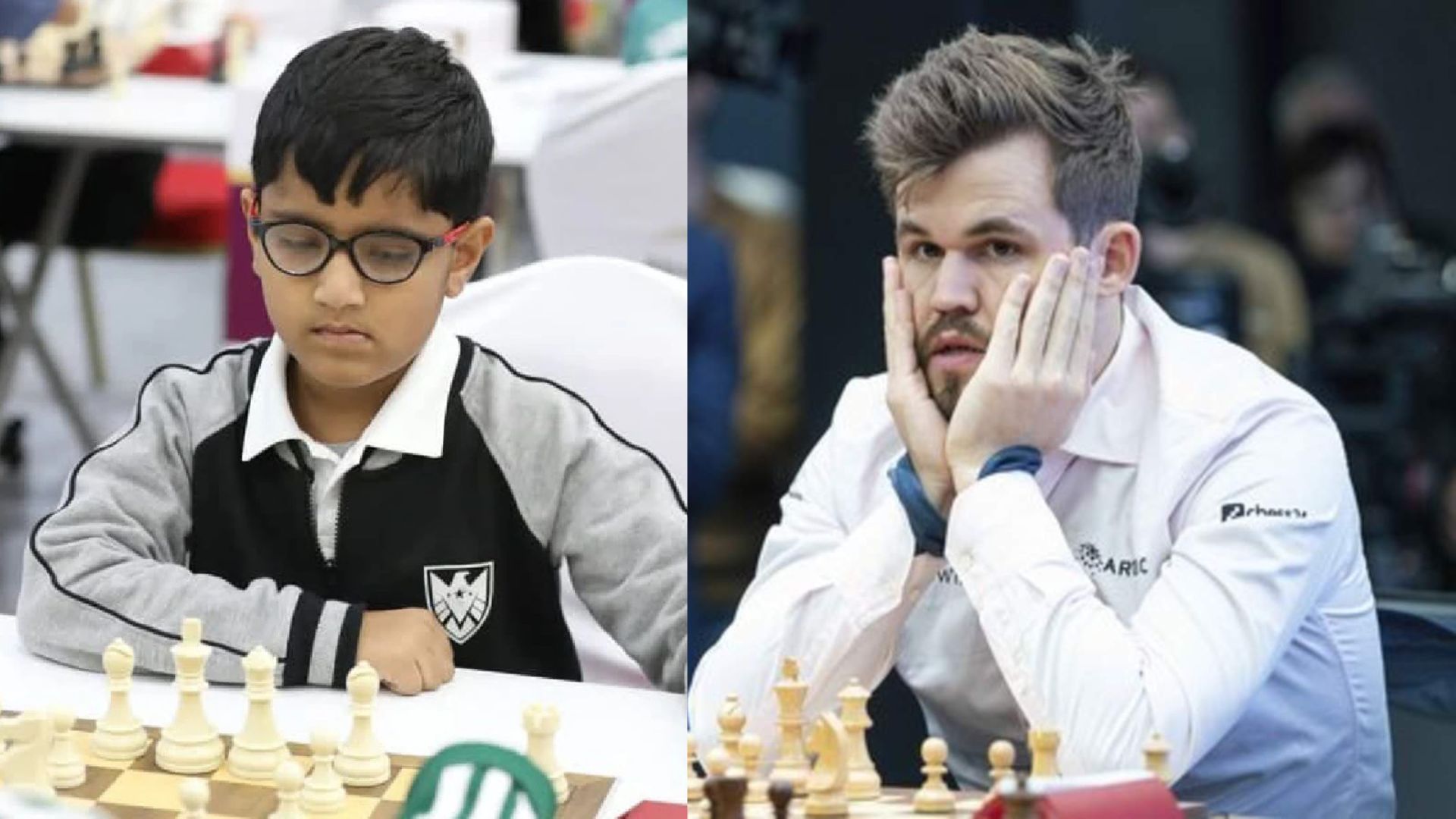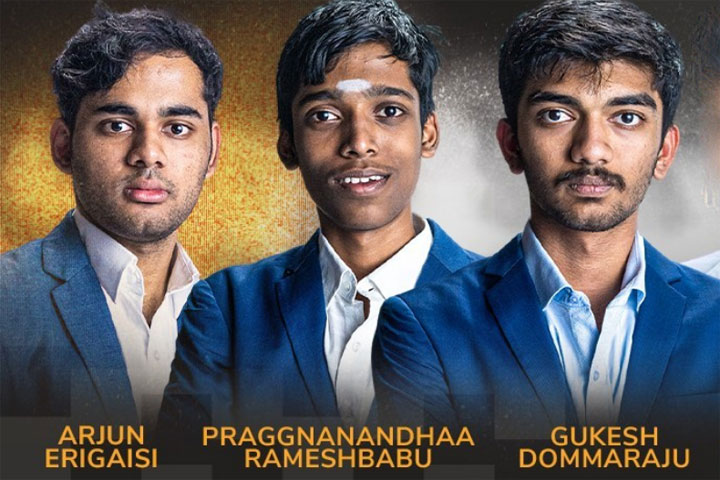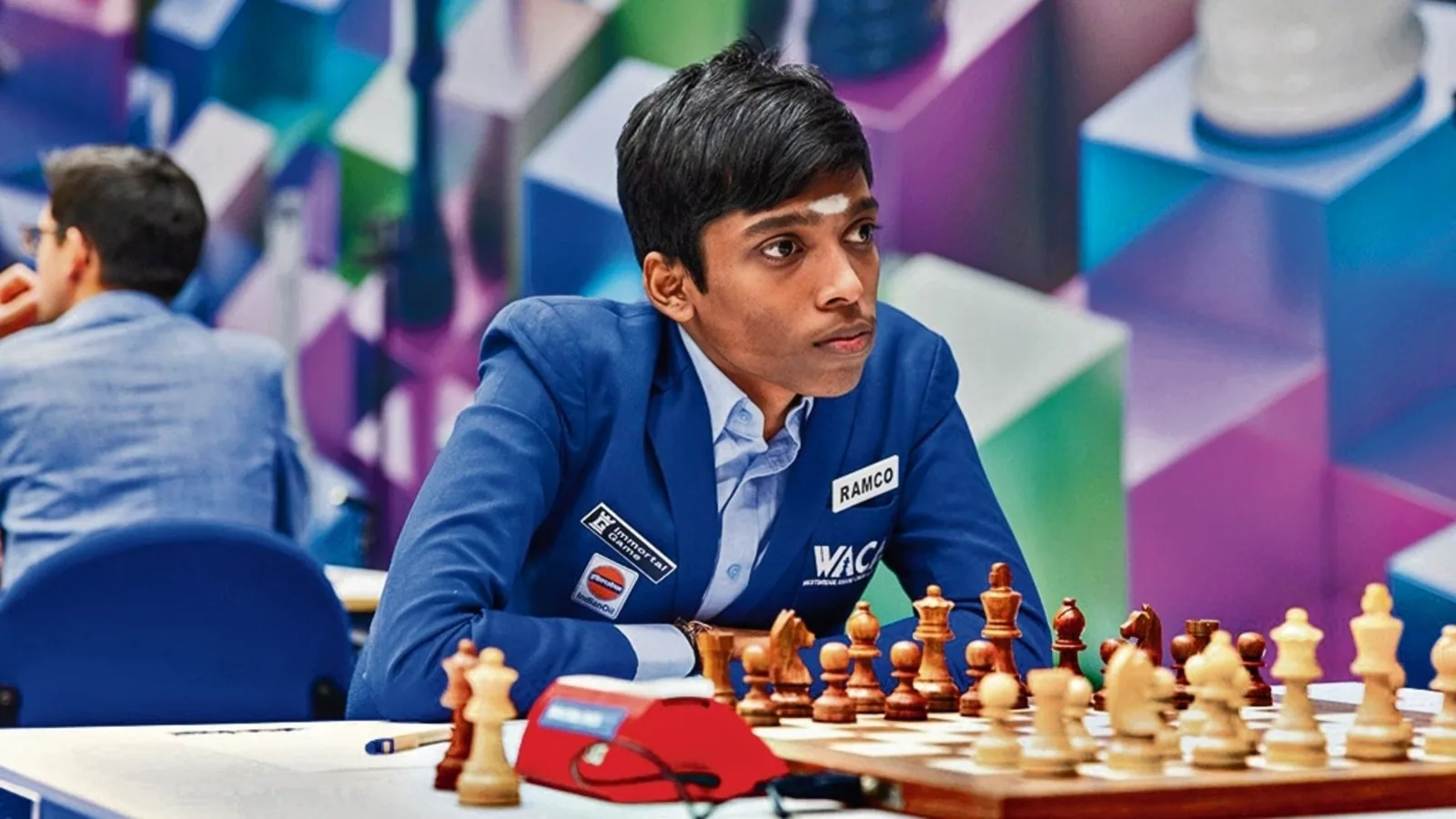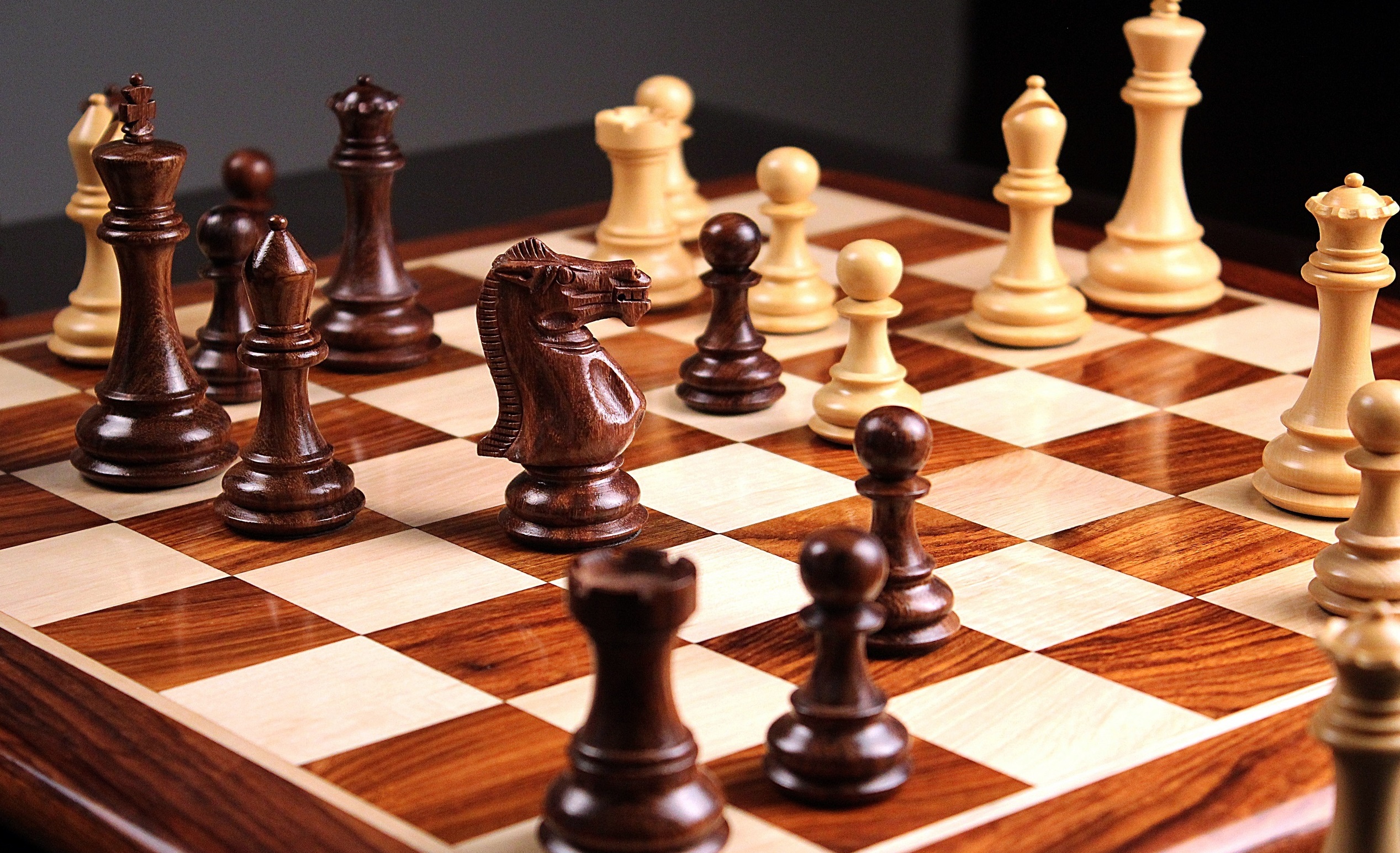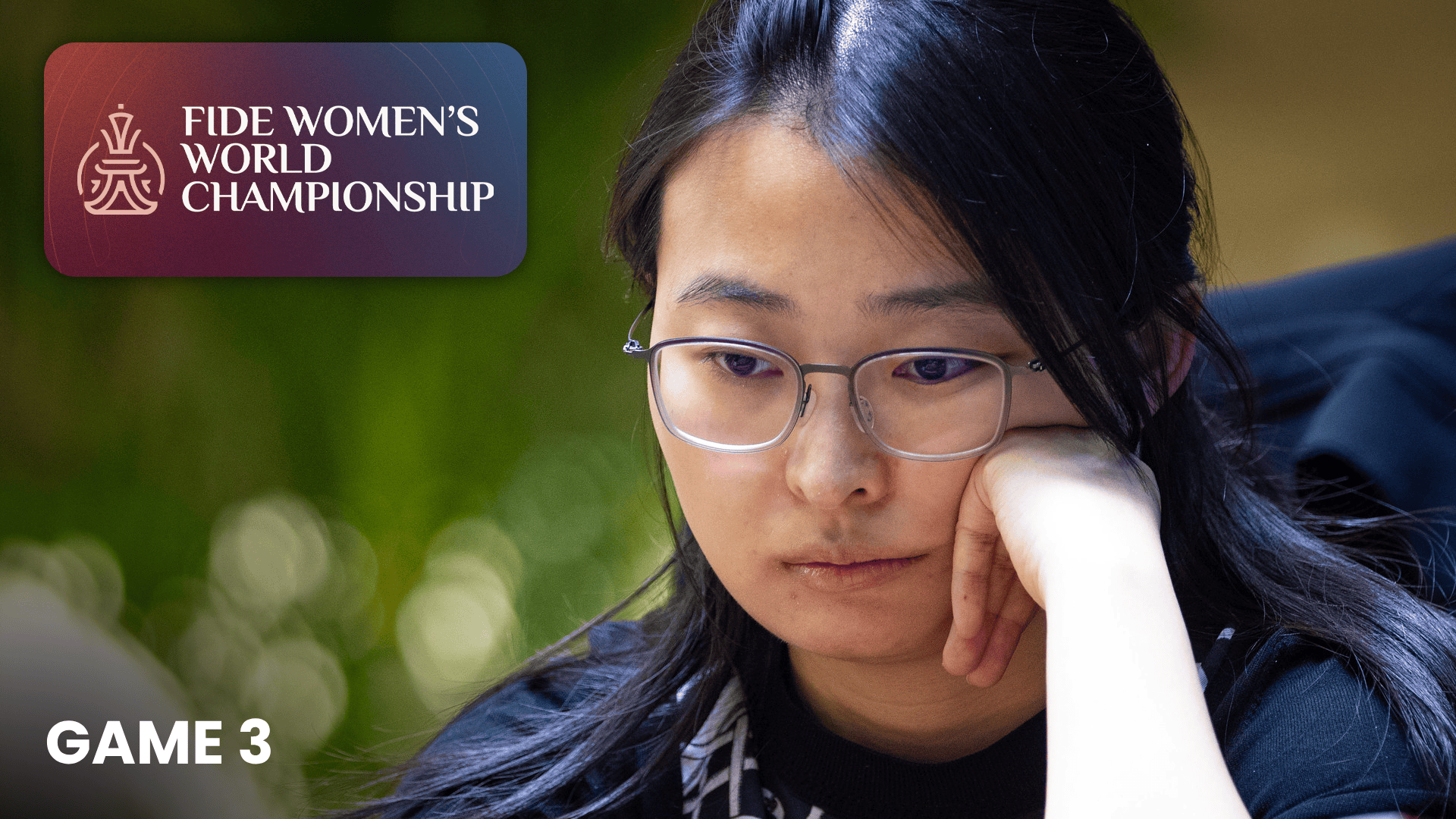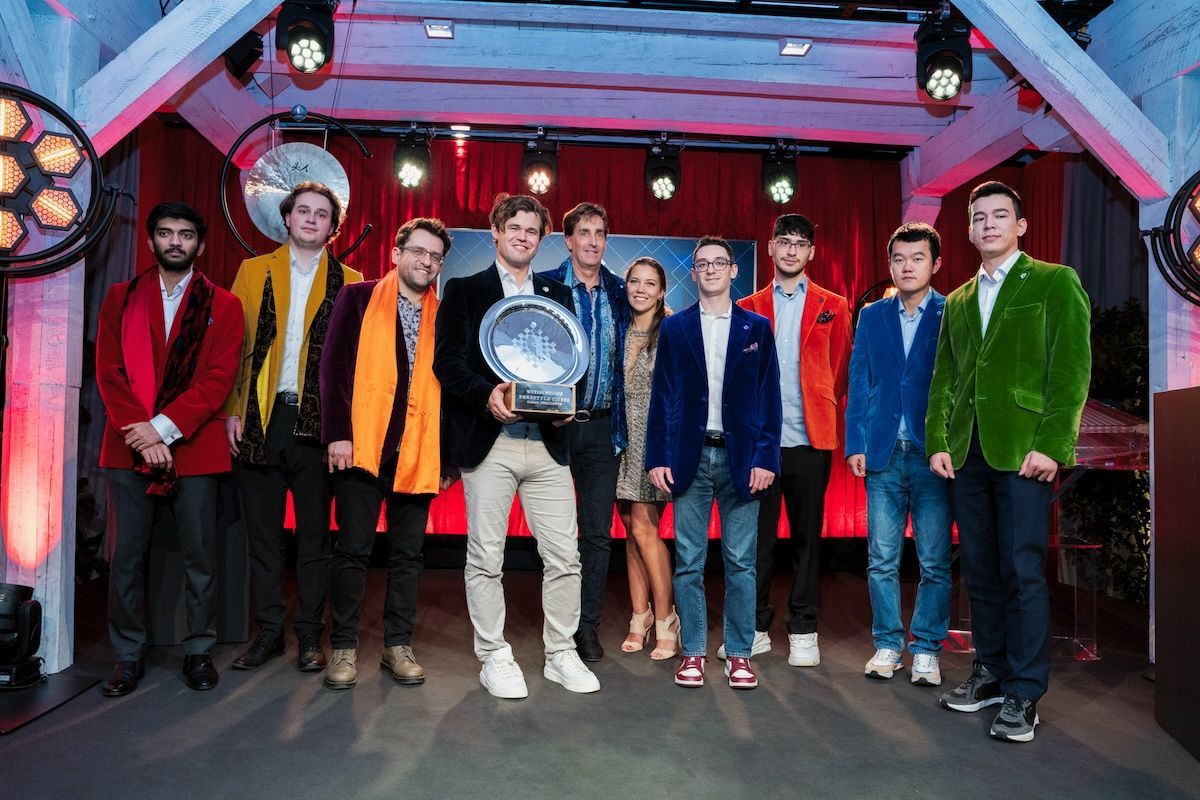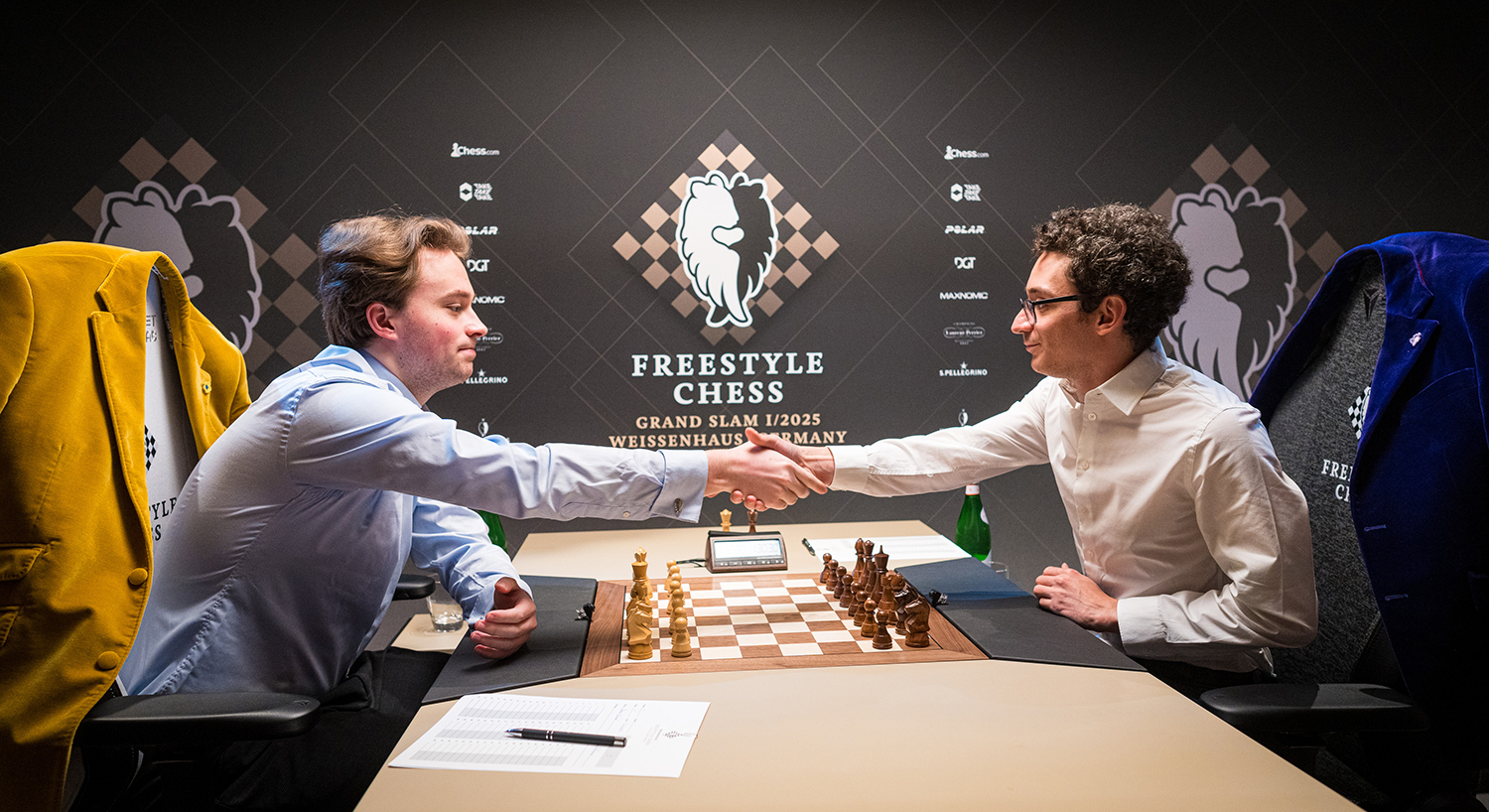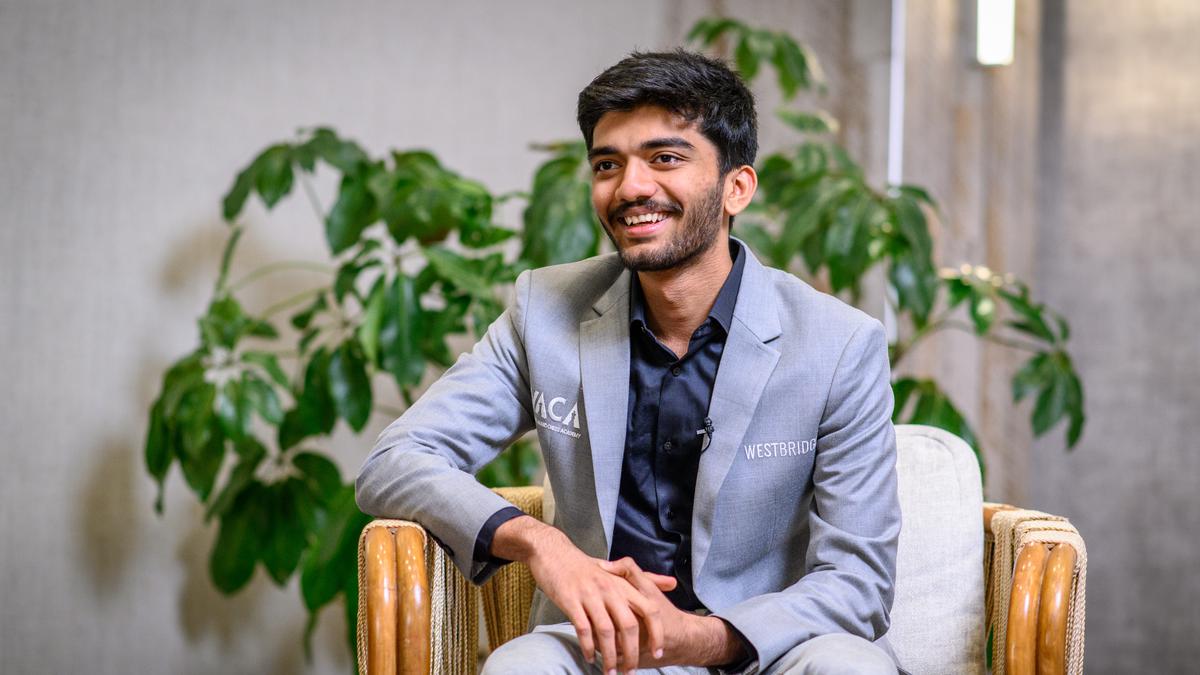Freestyle Chess challenges players with randomized starting positions, disrupting traditional strategies. Indian grandmasters in freestyle, despite their global prowess, face hurdles in this innovative format. Only Arjun Erigaisi reached the quarterfinals in the recent Paris Grand Slam, while others faltered. Experts attribute this to limited experience and the format’s unique demands. Let’s explore why Indian players struggle and how they can adapt.
Adapting to Freestyle Chess Demands Creativity
Freestyle Chess, pioneered by Magnus Carlsen and Jan Henric Buettner, randomizes piece placement, forcing players to think on their feet. Indian stars like Gukesh Dommaraju, Vidit Gujrathi, and Rameshbabu Praggnanandhaa struggled in Paris, failing to reach the top eight. GM Srinath Narayanan, Chess Olympiad coach, notes, “It’s too early to judge based on two tournaments.” He highlights the format’s infancy and the elite competition, including Carlsen, who dominated Paris without tie-breaks. Arjun’s fifth-place finish, defeating Ian Nepomniachtchi and Maxime Vachier-Lagrave, shows potential. However, adapting to rapid time controls—10 minutes plus 10-second increments—requires more practice. Indian players, accustomed to classical chess, need time to hone their creativity for this dynamic format.
Also Read: Indians in Paris: Erigaisi Thrives, Gukesh Struggles at Freestyle Chess
Experience and Preparation Hold the Key

Limited exposure to Freestyle Chess hinders Indian grandmasters. Gukesh, the 2024 World Champion, excelled in classical formats but struggled in Paris, despite wins over Arjun and Pragg. Srinath explains, “Gukesh’s world championship opening preparation is less useful in Freestyle Chess.” Vidit and Pragg also faltered, with Pragg securing ninth by defeating Richárd Rapport. A 2024 Chess.com report notes Freestyle Chess favors players like Carlsen and Hikaru Nakamura, who thrive in faster formats. Arjun’s versatility in rapid games helped him advance, but others need more tournaments to adjust. Srinath remains optimistic, stating, “As they play more, they’ll adapt better.” Indian players must prioritize Freestyle events and develop strategies for randomized positions to compete with global leaders.
Also Read: Checkmate Drama: How Grandmasters Stopped the FIDE vs Freestyle Chess Row

